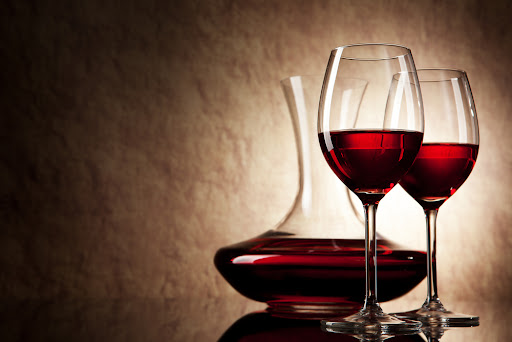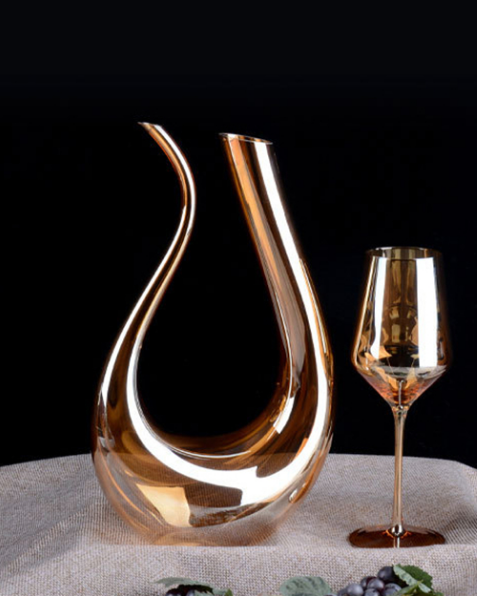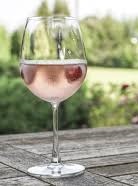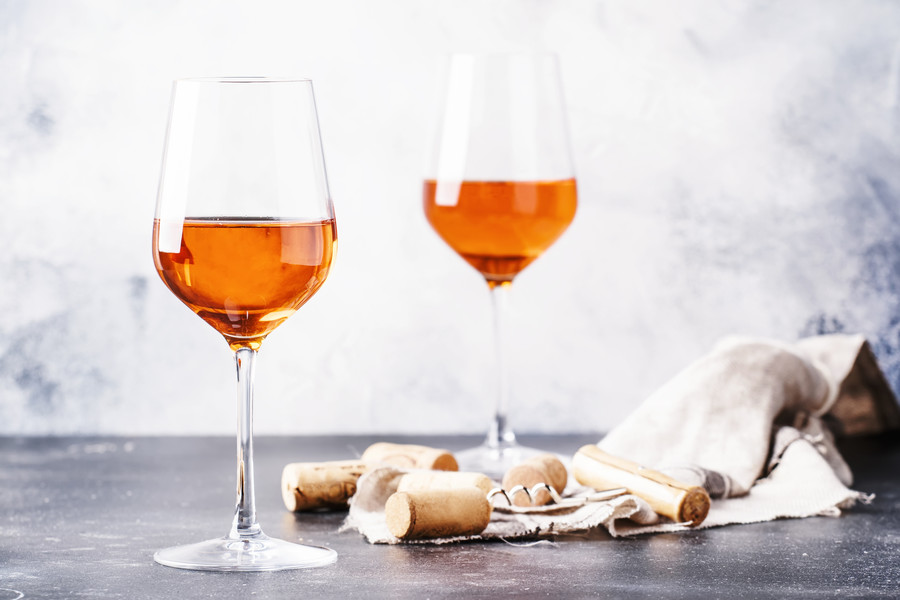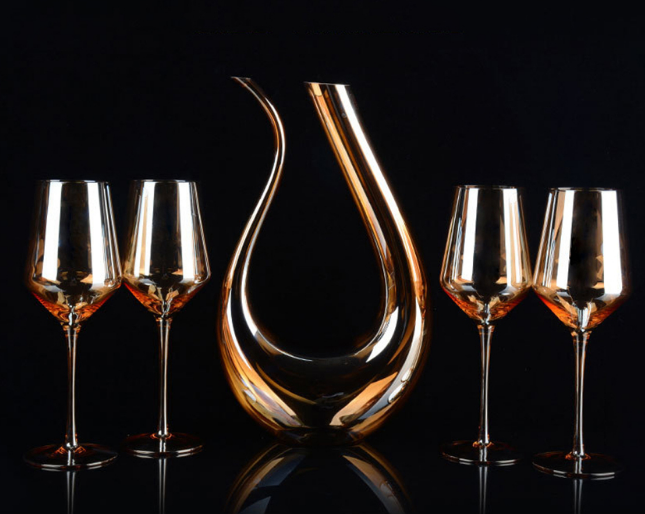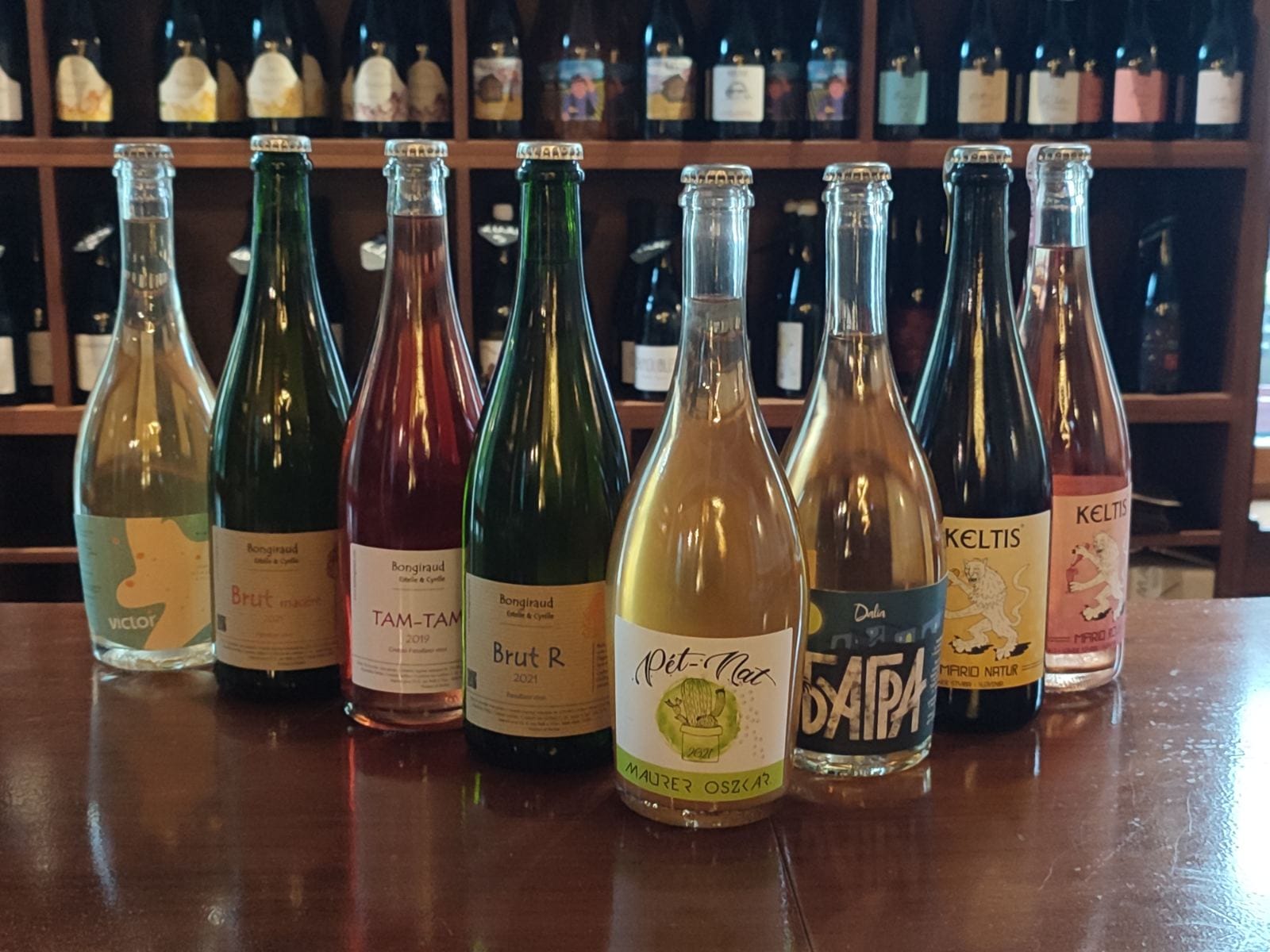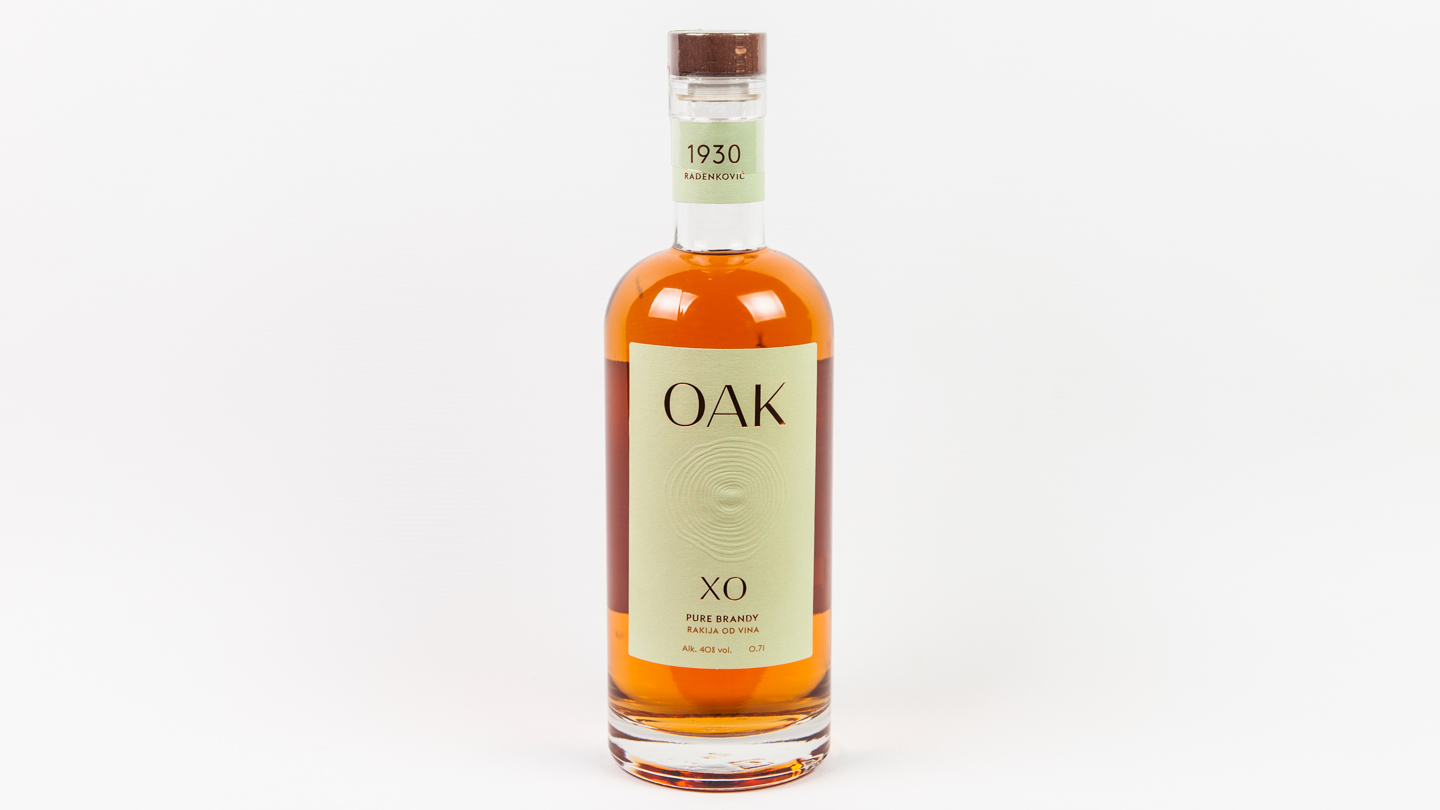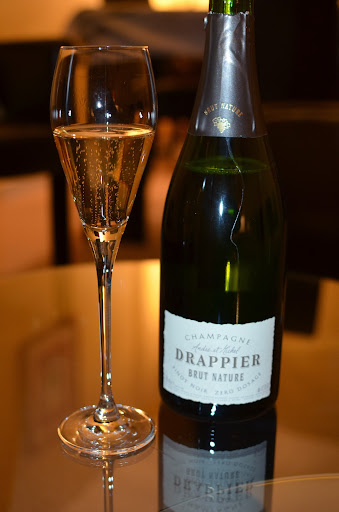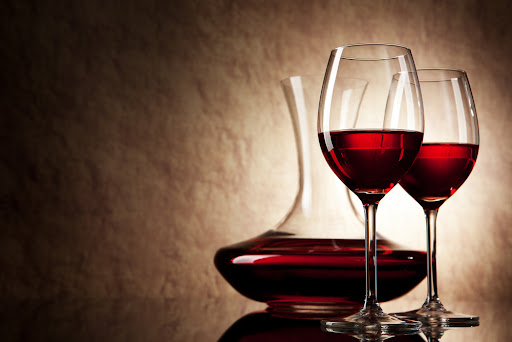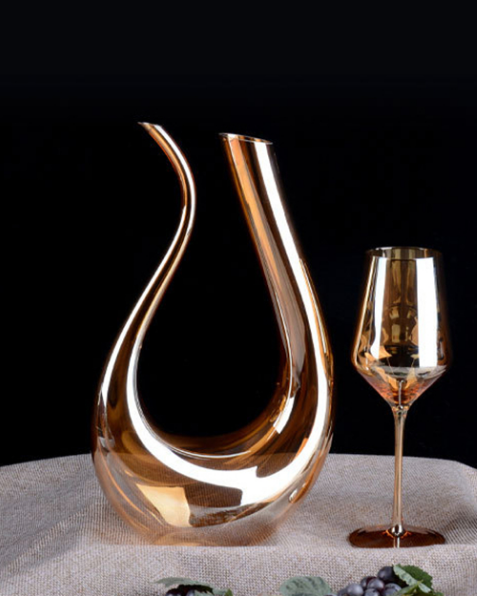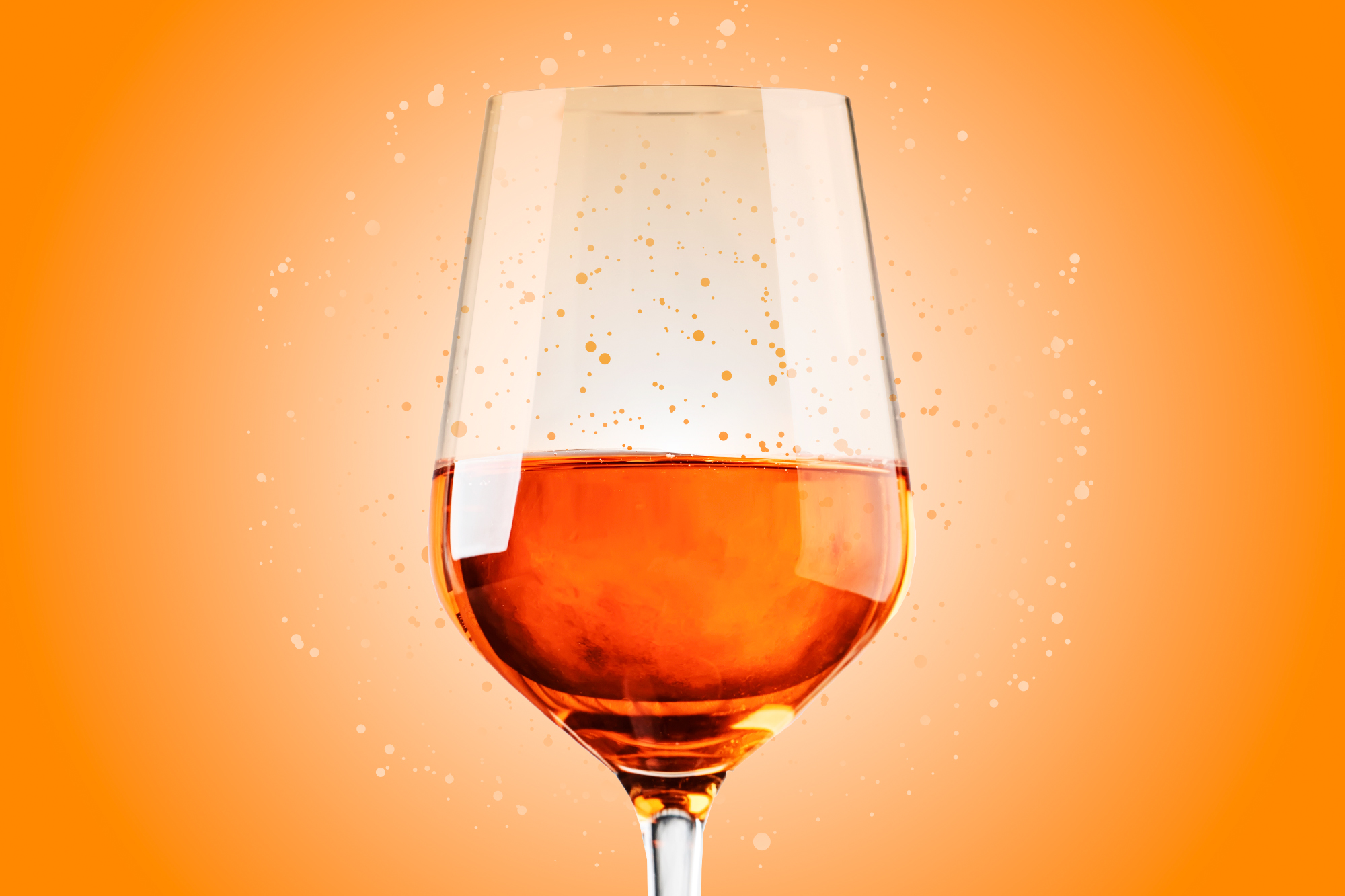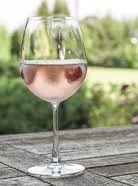Conventional Wines
14/10/2021
Beginning of the 20th century: the French winegrowers were just recovering from several wine crises when they had to face the unfair competition from Algeria. In fact, large quantities of Algerian wines, adulterated with water or alcohol, were circulating without control, with the silent approval of the government, which taxed them heavily. The winegrowers of the Languedoc region rose up: in the numerous demonstrations marked by deaths, the words "natural wine" appeared for the first time.
1936: paid holidays. Households can go on holiday. For the first time, the petroleum industry develops phytosanitary products for use in the vineyard. Pharmacies developed oenological products to be used in the winery. Oenologists bought all these products and went to the winegrowers: "Hello, I'd like you to enjoy your holidays with your family. And the vines? No worries, this product will protect them from mildew, this one from esca and that one from grape worms!" It's tempting, for people who have never had a real holiday.
A few years later, the same winemakers are surprised that the fermentations do not start/end, or that the vines weaken too quickly. "No worries! I have powders for all that. These yeasts will start the fermentation; these will help kill the other bacteria; and this powder is nitrogen that feeds the yeasts. Your vine is fragile? You can choose our latest clone model, ultra-resistant."
(Not enough to pay for all this? Consumer loans, of course! And it's not the banks that are going to hold them back).
Glorious thirty years: mechanization of agriculture. The same model is reproduced on a large scale, boosted by very generous loans and the approval of the government, which thinks only in terms of "growth" and "profit".
In the 80s and 90s, shadowy winemakers and agronomists began to give real thought to the French agricultural model. Let's just mention Claude and Lydia Bourguignon, Pierre Overnoy, followed by Marcel Lapierre and the gang, the discreet and rigorous Alsatians (Frick, Binner, Meyer, Schueller...), the innovative sommeliers and chefs, etc, etc...
Today, we are still confusing "organic" with "natural" or discrediting the rigorous and straightforward winegrowers. We are still applauding communicators, polluters, poison sellers, incapable of questioning their approach and only focused on their individual success.
Let's be clear: natural wines are not the prerogative of the billionaire bobos! They are what wine was before the big multinationals took over the vines and our liver.
If you can't find them easily, it's not because they're an exclusive product. It's because these manufacturers have (almost) succeeded in making them disappear.
The agricultural world? The shareholders' playground. And above all, enjoy your meal.
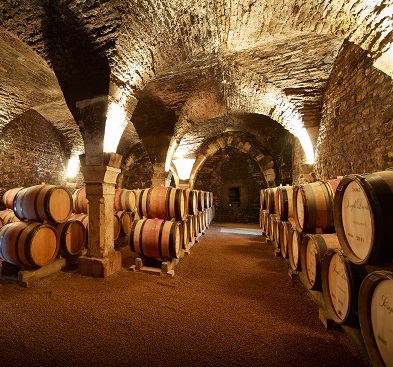
Powered by Froala Editor

